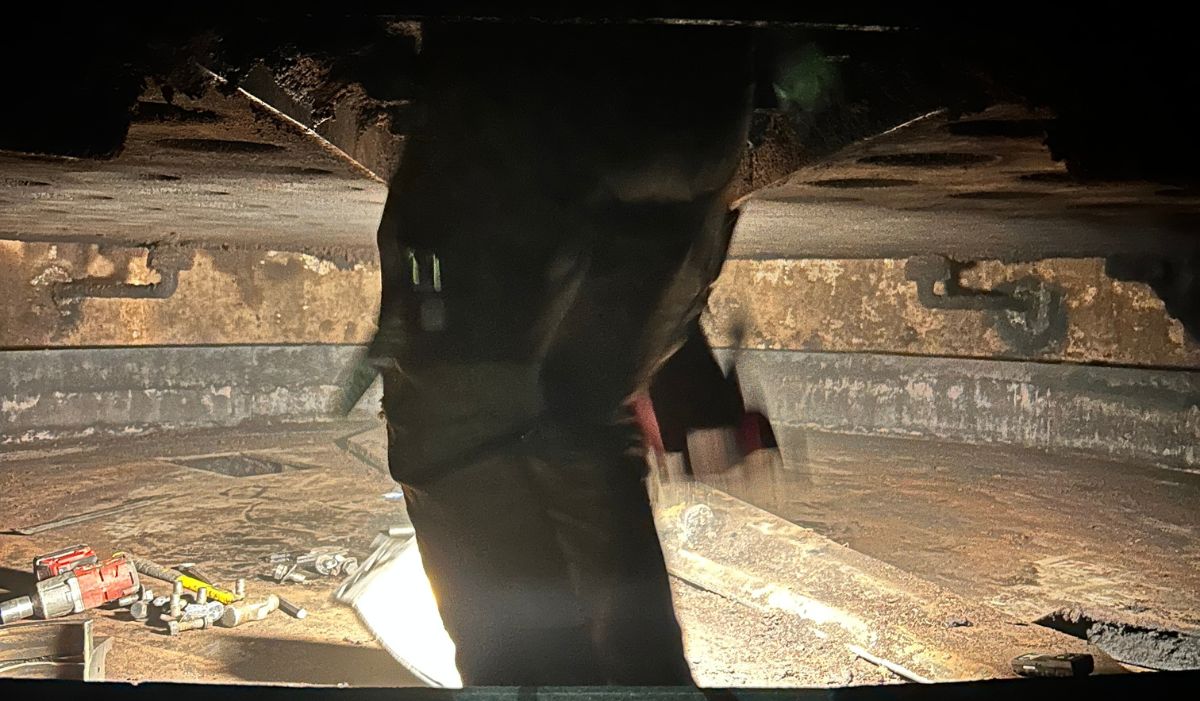Skilled Trades: The Backbone of Quality Construction
In the world of construction, skilled tradespeople are the unsung heroes who bring architectural designs to life. Their expertise and craftsmanship form the foundation of every successful building project. This blog explores the essential role of skilled trades in ensuring quality construction and why their work is so vital.
Understanding the Role of Skilled Trades in Construction
Skilled tradespeople, including electricians, plumbers, carpenters, and masons, play a critical role in the construction industry. They bring specialized knowledge and hands-on expertise to every project, ensuring that each component of a building is installed and functions as intended.
Electricians, for instance, are responsible for designing and installing the electrical systems that power newly constructed buildings. Without their expertise, our homes and commercial structures would be dark and non-functional. Similarly, plumbers ensure that the complex network of pipes carries water in and wastewater out of buildings seamlessly, a vital aspect of maintaining hygiene and comfort in any construction project. In addition, carpenters craft the framework that supports the structure and provides the aesthetic contribution of woodwork both indoors and outdoors. These skilled tradespeople, using their precise skills and knowledge, ensure that the vision of the architects and engineers comes to life in tangible form.
Masons, often the quiet artists behind a construction site, use their precision and experience to lay bricks and stones, forming walls that define spaces in our homes and communities. The importance of their work is not merely structural but also aesthetic. Well-laid brickwork not only supports the weight of a building but enhances its overall design, bringing beauty and a sense of permanence to the facades. Each of these trades contributes uniquely, coming together like puzzle pieces to complete a functional, beautiful whole.
Why Craftsmanship Matters in Modern Building Projects
In an era where speed and efficiency often take precedence, the emphasis on skilled craftsmanship ensures the longevity and safety of structures. Skilled tradespeople adhere to high standards of quality, enabling them to deliver exceptional results that meet or exceed expectations.
With increasing advances in technology, the construction industry has seen an uptick in prefabrication and modular assembly. While these methods offer numerous benefits, they also highlight the crucial need for precise craftsmanship. It’s the skilled tradespeople who guarantee that each prefabricated piece fits perfectly and works in harmony with other components. This attention to detail is paramount in guaranteeing that structures are robust and secure, demonstrating why craftsmanship remains indispensable even in modern assembly methods.
Craftsmanship is not just about putting up walls or wiring a house; it is about creating a lasting impact on communities. For example, consider restoration projects where ancient structures get a new lease on life. These endeavors depend heavily on the knowledge and skills of tradespeople who can mimic the original techniques while incorporating modern safety standards. This melding of the old and the new ensures these architectural gems stand for future generations to admire, illustrating the blend of tradition and innovation only capable through skilled craftsmanship.
The Challenges Faced by Skilled Tradespeople Today
Despite their crucial role, tradespeople often face challenges such as a shortage of young professionals entering the field and the constant evolution of construction technology. Addressing these challenges is essential to maintaining the quality and pace of construction.
Recruiting the next generation of tradespeople is one of the pressing challenges. Many young individuals are not pursuing these careers, often swayed by societal trends that prioritize academic over vocational education. This gap can lead to a shortage of skilled workers, potentially increasing project timelines and costs. To bridge this gap, educational institutions and industries need to invest in vocational training programs that highlight the value and potential of a career in trades.
Another significant hurdle is staying abreast of technological advancements. As construction technologies evolve, so too must the skills of tradespeople. They need ongoing training to understand and effectively utilize new tools and materials. This adaptation is crucial not only to improve efficiency but also to uphold safety standards. Emphasizing continuous learning and flexibility allows skilled workers to remain competitive within the ever-changing construction landscape.
Training and Apprenticeship: Building the Future of Construction
Investing in training and apprenticeship programs is key to sustaining the skilled trades workforce. These programs equip new generations with the knowledge and practical experience needed to excel in various trades, securing the future of quality construction.
Apprenticeships offer an invaluable platform for young tradespeople to learn from seasoned experts. These programs not only teach technical skills but also instill the values of dedication and attention to detail. Apprenticeships in construction provide a real-world learning environment, preparing participants for the complexities they will face on actual job sites. This form of education is hands-on and highly effective in ensuring the continuation of authentic craftsmanship into the future.
Apart from apprenticeships, formal educational avenues like technical schools are opening doors for potential tradespeople. These institutions offer courses tailored to specific trades, often in partnership with industry leaders to ensure that curricula remain relevant and forward-thinking. By focusing on both theoretical knowledge and practical application, these programs help shape a workforce ready to meet the challenges of tomorrow’s construction projects.
The Economic Impact of Skilled Trades on the Construction Industry
Skilled trades contribute significantly to the economy by providing stable jobs and supporting numerous industries linked to construction. Their work helps drive economic growth and development, making them essential participants in the building sector.
In addition to their direct contributions, skilled tradespeople have an extended impact on the economy. Their expert work in constructing dependable infrastructure supports various other sectors such as real estate, agriculture, and manufacturing. For instance, the skilled installation of plumbing and electrical systems is pivotal in creating operational commercial spaces. These efforts not only facilitate business growth but also enhance the quality of life in communities through improved services and amenities.
Moreover, the ripple effects of the skilled trades sector extend to job creation and training opportunities. Investing in training programs not only sustains the trades workforce but also leads to innovative solutions and techniques within the industry. As a result, countries that promote skilled trades see a rise in economic stability and expansion, proving that these professions are vital cogs in the larger economic machine.
The Lasting Impact of Skilled Trades
As we continue to advance in building technologies and construction techniques, the value of skilled tradespeople remains steadfast. They are the backbone of quality construction, ensuring that our homes, offices, and infrastructure stand the test of time. By investing in skilled trades, we not only preserve the integrity of our structures but also honor the traditions of craftsmanship that have been passed down through generations.



